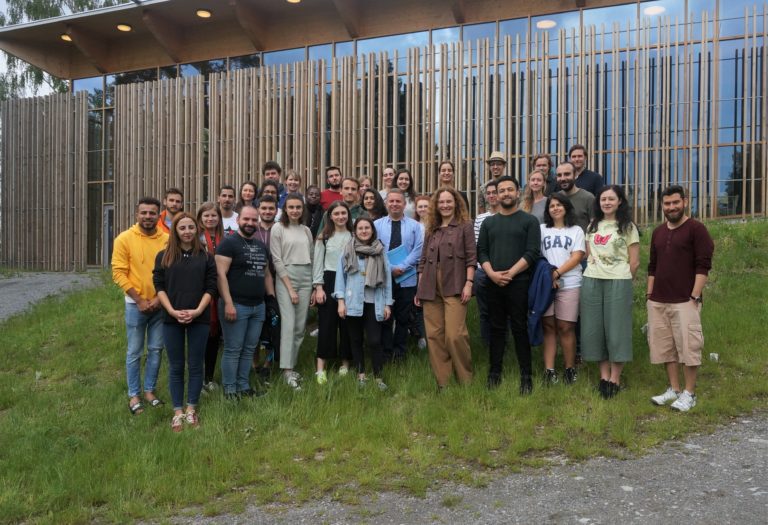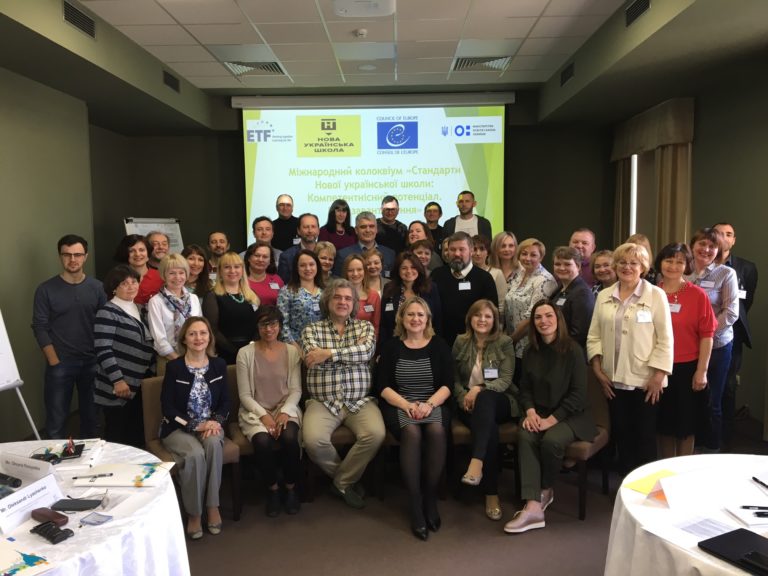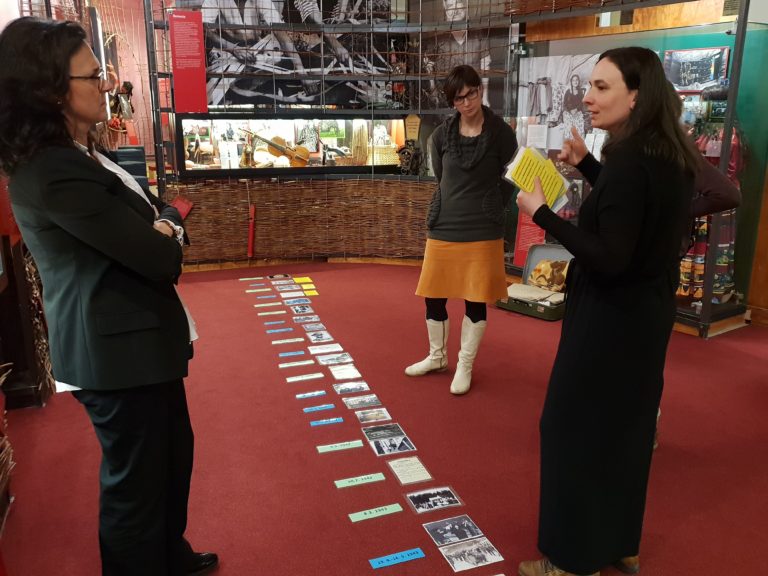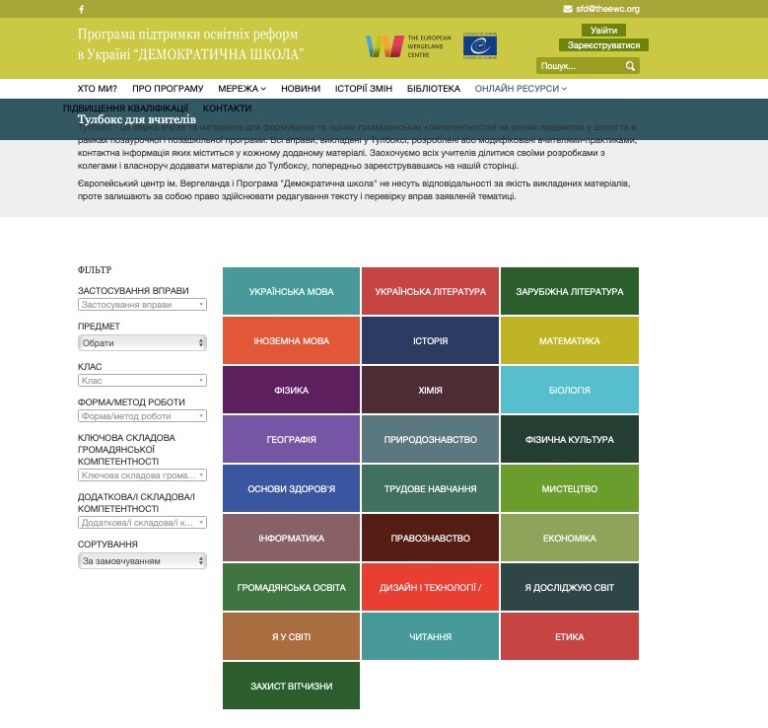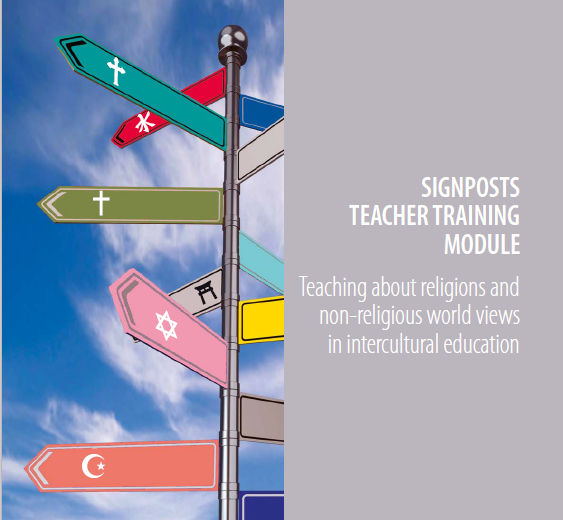
Head of Development at EWC
The EWC strategy plan highlights the importance for sustainable democracies to build institutions underpinned by a culture of democracy where citizens are enabled through key competences – values, attitudes, skills and knowledge –to participate in their societies. In this thematic newsletter we focus on these democratic competences and how they can be developed in young people.
The outbreak of the COVID-19 pandemic has increased the sense of uncertainty and unpredictability in the world. The response has sometimes threatened principles of human rights and democracy, while inequalities are even more evident than before.
Faced with rising unemployment, disrupted education and the spread of misinformation and fake news, the crisis reminded us of the need to support young people in developing key competences – from critical thinking to civic mindedness to problem-solving, so that they are able to navigate, adapt and thrive during times of crisis and to actively shape the societies in which they live.
To reach this, it is crucial that educators from formal and non-formal settings are able and prepared to deal with this. This is high on EWCs’ agenda.
This is the first EWC thematic newsletter. Two or three times a year we hope to provide you with an institutional perspective on key topics and approaches that build the core of EWCs’ work responding to current challenges. We will also highlight results from our projects based on systematic evaluation work carried out in recent years.
We wish you an interesting read!
THE CHALLENGES

Young people lack key competences
According to PISA, only 1 in 10 students in 2018 in OECD countries had the competences to distinguish between fact and opinion. This comes at a time when young people use social media as their main source of news[1], and are increasingly exposed to a more polarized debate during the Covid-19 pandemic often spreading misinformation and fake news.
Teachers’ skills
Many teachers do not have the pedagogical skills and active learning methodologies providing students with opportunities to develop their social and civic competences in the classroom. Often, both initial and in-service teacher education fail to equip teachers for a competence-based education delivery.
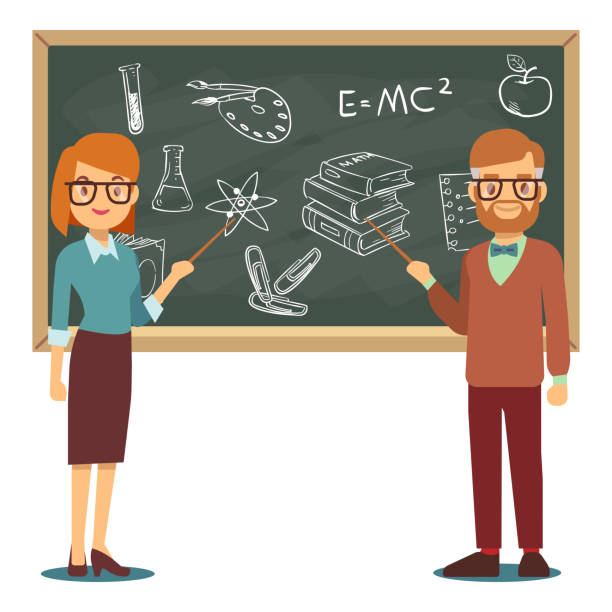
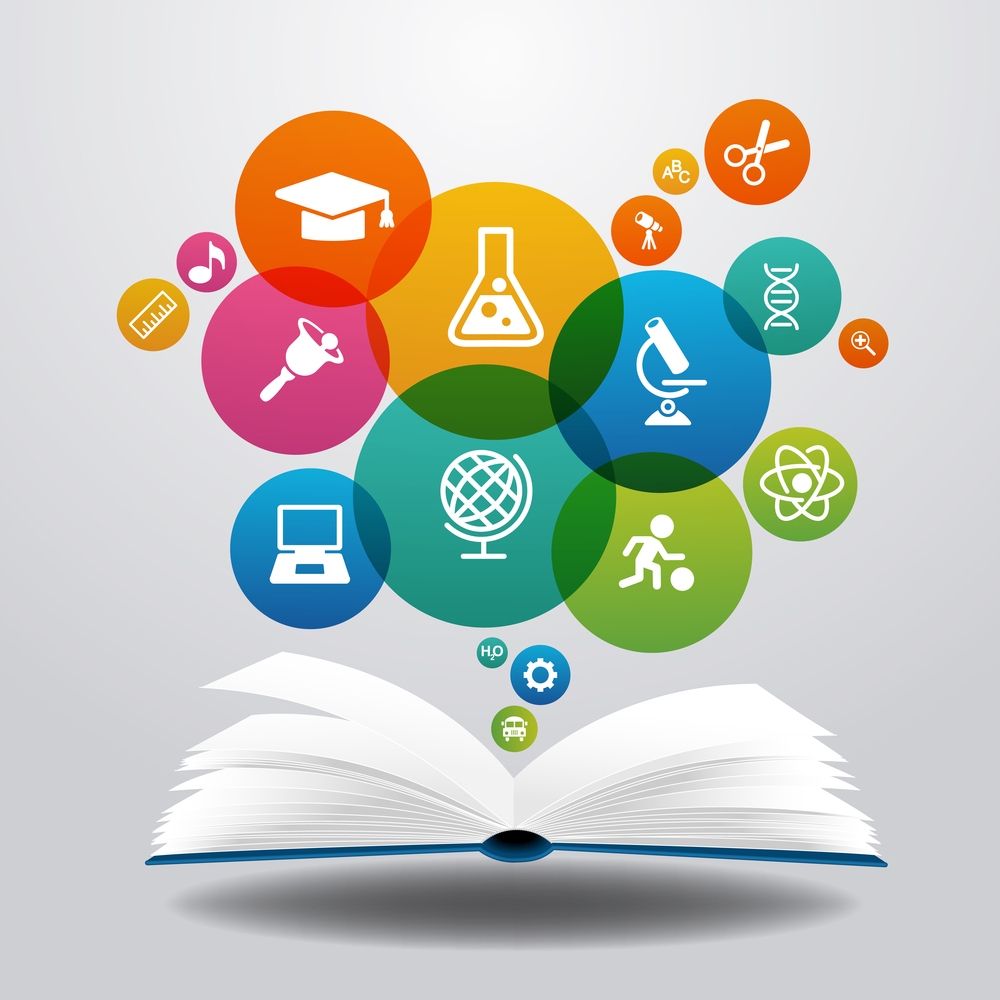
Curriculum design and implementation gap
Promoted by global discussions on the SDGs there is widespread recognition that education systems need to equip young people with competences such as problem-solving. Still, many systems lack behind, focusing predominantly on knowledge transfer or prevailing a gap between what is outlined in school curricula and what/ how it is taught in practice.
HOW WE WORK
Train educators
EWC offers training for teachers and other educators in formal and non-formal learning, and supports their professional development, including in initial and ongoing teacher education, to ensure that teachers can effectively design a learning environment where young people develop and practice their competences in everyday school life. Teacher-led instructions will never be sufficient for helping students learn to collaborate with each other. Active and experimental learning is required including methods facilitating discussion of current events in the classrooms.
Empower young people
EWC trains and supports young people to develop knowledge, skills, attitudes and values to promote and to stand up for democracy and human rights in their communities and wider society. A peer-to-peer learning approach has proven effective for young people to act as multipliers, training and teaching their peers, and to empower them to make their voices heard.
Support Curriculum Integration
EWC works with governments and contributes to the development, piloting and implementation of competence-based curricula, focusing on fostering democratic competences across subjects. We also design support materials and resources for teachers and schools to better implement the new curriculum.
Engage stakeholders
Through joint initiatives with a variety of partners in formal and non-formal education, EWC reaches out to and provides quality education activities for young people.
RESULT STORIES
“EWC aims to strengthen the skills of teachers, teacher trainers and other educators to act as multipliers in their schools, organisations and non-formal settings, promoting democracy, human rights and citizenship in education. This includes integration of active and student-centred methods and approaches”
EWC trains and supports young people and educators working with youth, including peer-learning, to develop the knowledge, skills and attitudes to promote and uphold values of democracy and human rights. We encourage them to actively engage in their communities and wider society.
“EWC works to bridge the gap between education policy and its implementation in practice. We have worked closely with national education authorities when designing and implementing projects, based on Council of Europe recommendations and standards”
With EWCs’ support a new competence-based curriculum for primary and secondary schools has been developed. More than 400 teachers reaching over 16.000 students have been trained since 2018. In addition to trainings, EWC has developed new materials for civic education to support the implementation of the curriculum.
Students at the Pyadyky Stepan Melnychuk Lyceum school in Ukraine participate in staff meetings, run an active student council and turn their ideas into learning activities in the classrooms. See the inspirational story of how students, staff and parents developed their democratic competences after participating in the Schools for Democracy program
EWC establishes partnerships to develop new arenas for learning, such as museums, memorial sites and learning centers; providing quality education promoting democratic competences for youth through informal learning settings.
Learning Resources
EWC develops new teaching and learning resources as well as translations and adaptions of CoE resources. We also facilitate the dissemination and use of these resources through online and offline communication channels”
The Council of Europe Reference Framework of Competences for Democratic Culture (RFCDC) is fundamental to EWC´s work educating for democracy, human rights and intercultural understanding. The framework is a tool for educators and policymakers in various educational contexts, aimed at the development and support of a democratic culture in Europe, through and in education. The learning resources presented in this newsletter all build on or are closely linked to the RFCDC which is available in several languages here.
[1]Oxford University Reuters Institute for Journalism

